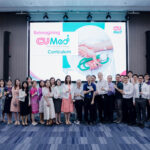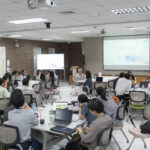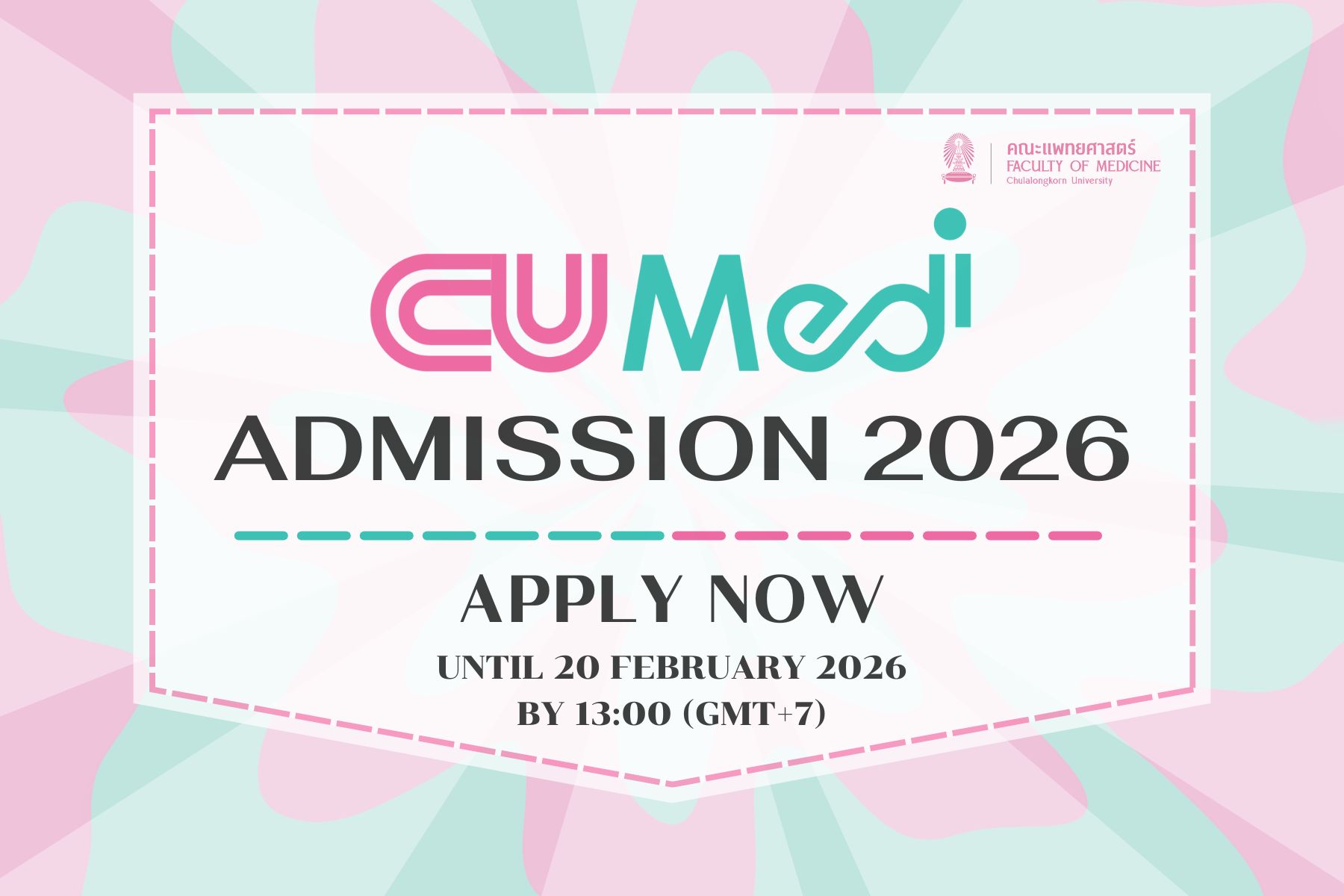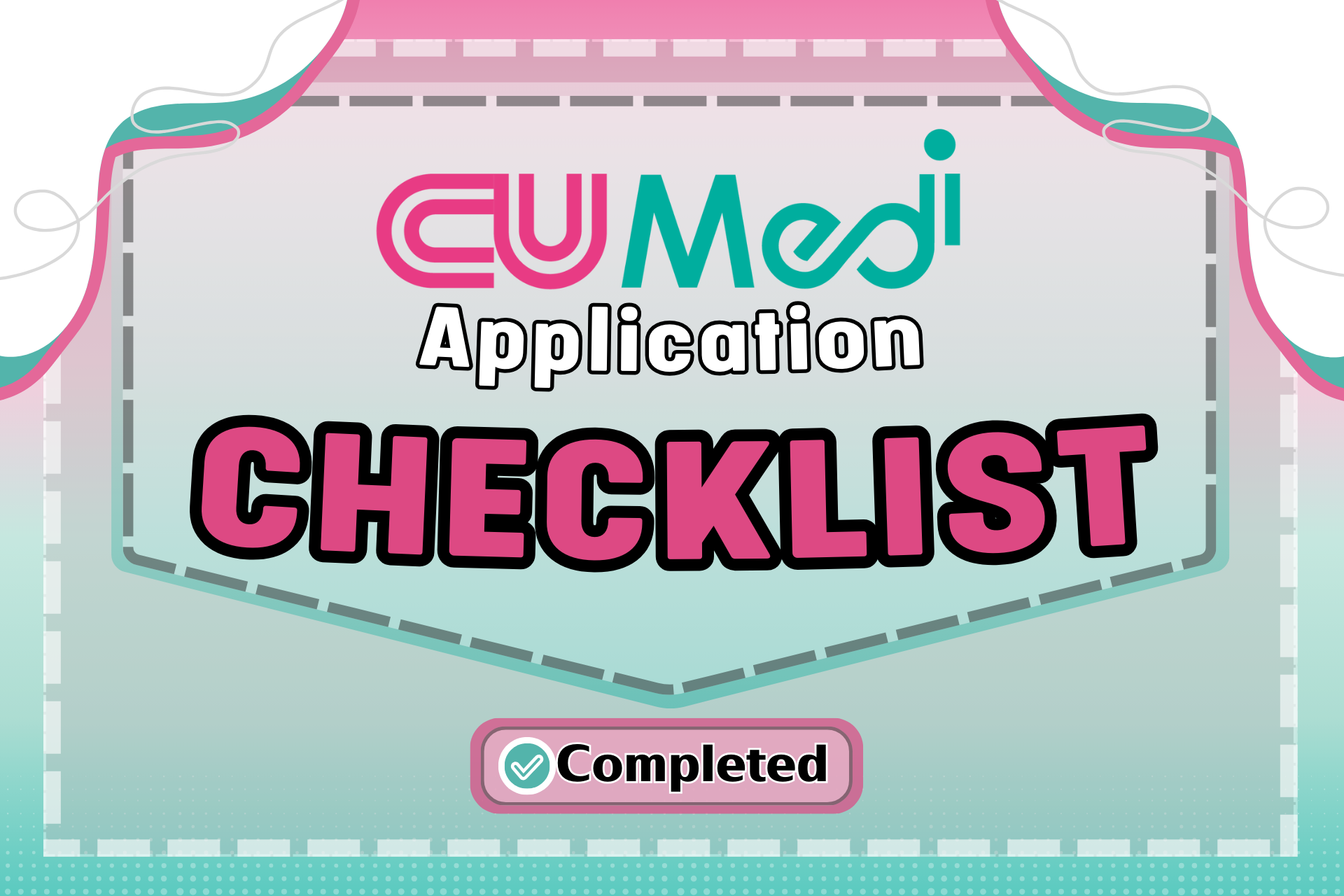The Faculty of Medicine at Chulalongkorn University hosted seminars on Chulalongkorn University International Medical Program (CU-MEDi) Curriculum Revision (2026 Curriculum) on October 31
at Chulalongkorn University, Bangkok, and on and November 4, 2024 at the Queen Savang Vadhana Memorial Hospital, Chonburi Province. The seminars focused on reviewing the current progression and revising the curriculum for the 2026 Academic year.
Seminar Highlights
October 31, 2024 – Chulalongkorn University
The first seminar featured a session titled “CU-MEDi Program – Our Vision for the Next Generation Doctors,” which reviewed the framework for curriculum development. Participants engaged in in both large group and small group activities discussing areas such as needs assessment, curriculum goals, educational strategies, implementation and evaluation.
November 4, 2024 – Queen Savang Vadhana Memorial Hospital
The second seminar began with “Reimagining CU-MEDi Curriculum,” discussing curriculum revision to enhance educational quality. Following lunch, the focus shifted to “Clerkship and Externship Curriculum: Current Challenges and Potential Solutions,” addressing the challenges faced by students and faculty members and exploring potential solutions. The seminar concluded with a session on “Entrust-able Professional Activity (EPA),” examining the implementation of EPAs in evaluating students’ readiness for practice.
Overall, the seminar facilitated collaboration amongst clinician educators, from both the pre-clerkship and clerkship phase, reinforcing Chulalongkorn University’s commitment to providing high-quality medical education that prepares graduates for the evolving healthcare landscape.



























